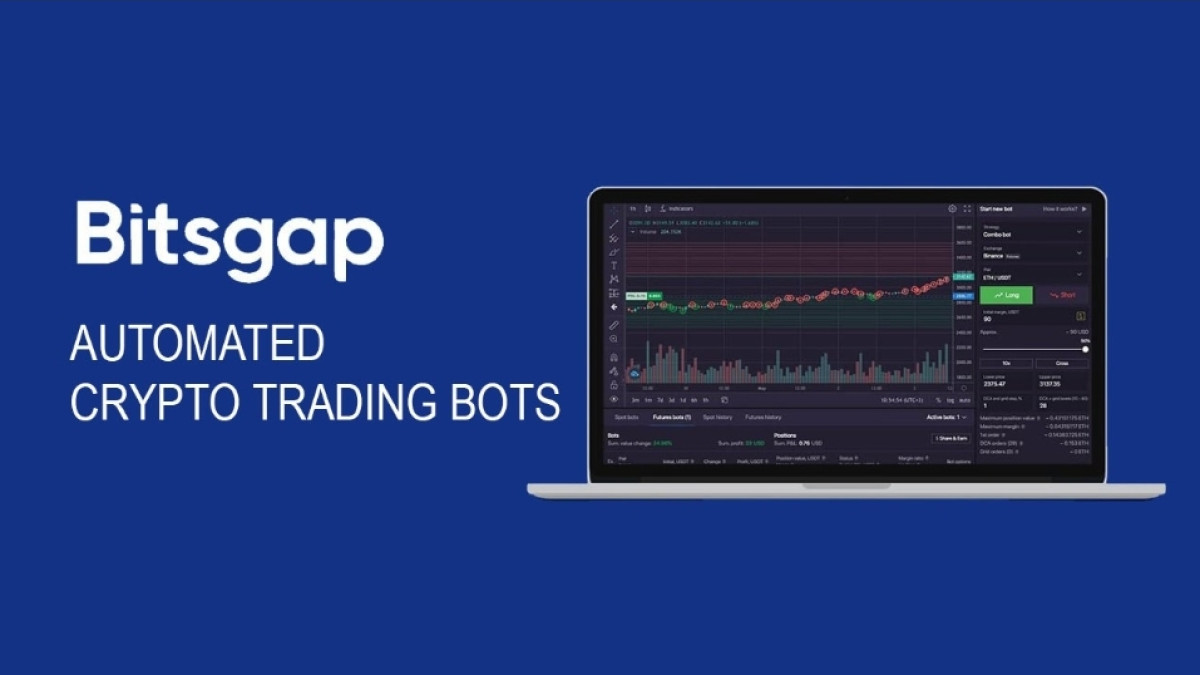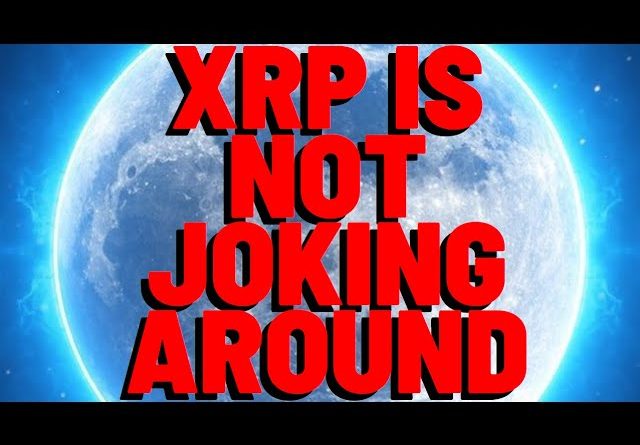Welcome to our latest blog post on CBDC, Secrets, Privacy, and Your Data. In this post, we delve into the world of Central Bank Digital Currencies and explore how they affect your privacy and data security. We examine some of the common misconceptions associated with CBDC and reveal some of the secrets behind this new form of digital currency. Join us as we uncover the truth behind CBDC and understand how to keep your data safe while using these innovative payment systems.
 SIGN UP FOR A FREE 7 DAY TRIAL
SIGN UP FOR A FREE 7 DAY TRIALGET YOUR .CRYPTO DOMAIN AT UNSTOPPABLE DOMAINS
TRADE CRYPTO ON BINANCE HERE "LOW FEES"
CBDC Secrets – Privacy and Your Data
Introduction
Several developments in the financial industry have recently caught the attention of both investors and regulators alike. One of these is the introduction of central bank digital currencies (CBDCs), which are digital assets that are issued and backed by a country’s central bank. These digital currencies are said to offer several benefits, such as easier cross-border transactions, reduced transaction costs, and enhanced security. However, there are still several concerns that need to be addressed, particularly concerning data privacy and government control. In this article, we take a closer look at CBDC secrets – privacy and your data.
How do CBDCs work?
Before we delve into the specifics of CBDCs and data privacy, let’s first have a quick overview of how these digital currencies work. Unlike cryptocurrencies such as Bitcoin, which are decentralized and operate independently of central banks, CBDCs are centralized and fully controlled by the issuing authorities. They work similarly to traditional currency but use digital technology instead of physical notes and coins. CBDCs can be used as a medium of exchange, just like paper money, but they are stored and transacted digitally, typically using a mobile app or a digital wallet.
How do CBDCs impact your privacy?
As with any digital transactions, data privacy is a significant concern when it comes to CBDCs. Since these digital currencies are backed and issued by central banks, governments would likely have full control over the data generated by these transactions. As such, the question remains on how much data privacy individuals can expect when using CBDCs.
One possibility is that governments may track CBDC transactions to monitor spending habits and gain insights into individuals’ financial activities. Central banks may also use data generated from CBDC transactions to monitor the economy and adjust interest rates accordingly. While this data could be used for beneficial purposes, such as identifying fraudulent activities, it does raise significant concerns about privacy.
Possible government control
One of the most significant concerns about CBDCs is the possibility of government control. Since CBDCs are centralized and fully controlled by the issuing authorities, governments could potentially exert more control over their citizens’ finances. This could include monitoring citizens’ financial transactions, imposing transaction limits, and potentially freezing assets. This level of control raises significant concerns about privacy and individual rights.
CBDCs may not allow spending wherever you’d like
One potential issue that may affect CBDCs’ adoption is that they may not allow spending wherever you’d like, as they are unlikely to be accepted universally. This may result in individuals having to exchange CBDCs for cash when traveling or making purchases from merchants who do not accept CBDCs. This could lead to individuals being penalized or excluded from certain transactions due to the currency they hold.
Informed investors flowing into assets like Bitcoin
Despite the concerns regarding CBDCs, savvy investors have already begun to flow into digital assets like Bitcoin. These investors are betting that the rise in digital currencies and the potential risks associated with CBDC adoption will drive further growth in alternative assets such as cryptocurrencies. While these assets may carry some risk and require significant knowledge, sophisticated investors have been attracted to them in recent years as they seek to diversify their portfolios.
Conclusion
The introduction of CBDCs could have significant implications for the financial industry and individual rights, particularly concerning data privacy. While CBDCs offer several benefits, including reduced transaction costs and enhanced security, there are also significant concerns regarding data privacy, government control, and limited universal acceptance. Despite these concerns, informed investors have already started flowing into digital assets like Bitcoin, betting on the future growth of alternative currencies.
FAQs
-
What are CBDCs?
CBDCs are digital assets that are issued and backed by a country’s central bank. -
How do CBDCs work?
CBDCs work similarly to traditional currency, but use digital technology instead of physical notes and coins. They are stored and transacted digitally, typically using a mobile app or a digital wallet. -
What are the concerns regarding CBDCs?
Significant concerns regarding CBDCs include data privacy, government control, and limited universal acceptance. -
Can governments monitor CBDC transactions?
Yes, since CBDCs are centralized and fully controlled by the issuing authorities, governments could potentially monitor transactions to monitor spending habits and gain insights into individuals’ financial activities. -
Why are investors betting on alternative assets like Bitcoin?
Investors are betting on the future growth of alternative assets like Bitcoin due to the potential risks associated with CBDC adoption, which could drive further growth in digital currencies.






